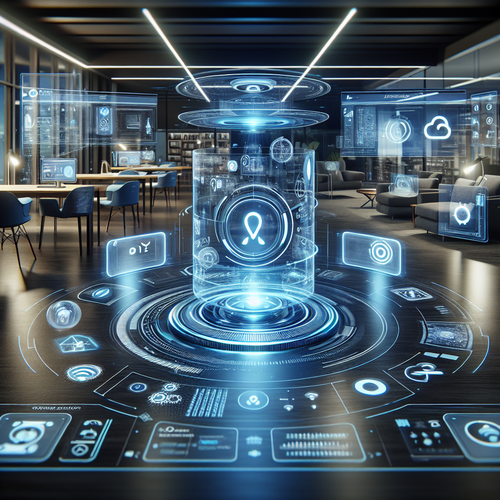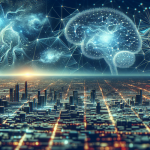
The Future of AI-Powered Personal Assistants
The Future of AI-Powered Personal Assistants
Artificial Intelligence (AI) is revolutionizing the way we interact with technology. Personal assistants like Siri, Alexa, and Google Assistant have changed the landscape of our daily lives. With advancements in AI, the evolution of these assistants promises to make them even more indispensable. In this article, we will explore the upcoming trends and innovations in AI-powered personal assistants.
1. Understanding the Current Landscape
Today’s personal assistants rely heavily on machine learning and natural language processing. They can perform various tasks, from setting reminders to controlling smart home devices. However, the current limitations include context understanding and nuanced conversation skills.
Limitations of Current Technology
- Limited Contextual Awareness: While personal assistants can process commands, they often struggle with multi-step tasks or maintaining context over long conversations.
- Privacy Concerns: Users are becoming increasingly aware of data privacy, leading to hesitance in adopting personal assistants.
- Dependence on Internet Connectivity: Most current personal assistants require an internet connection to function optimally.
2. The Next Generation of Personal Assistants
The future of AI has exciting implications for personal assistants. Let’s examine the potential advancements:
Enhanced Contextual Awareness
Future assistants will be more adept at understanding context. By leveraging advanced algorithms, they will remember past interactions and provide more personalized responses. This advancement will also include an emotional understanding of user commands.
Integration with Augmented Reality (AR)
The combination of AI with AR technology will create immersive experiences. Imagine a personal assistant guiding you through a virtual shopping experience by superimposing product information in your real environment.
Seamless Multimodal Interactions
Future assistants will support multimodal interactions, allowing users to communicate using voice, text, and gestures. This flexibility will improve the user experience, making interactions feel more natural.
3. Ethical Considerations and Privacy
As personal assistants evolve, ethical implications will also need addressing. Ensuring user privacy and data protection will be paramount. AI developers will have to implement robust security measures to protect sensitive information.
Building Trust with Users
Transparency about how data is used will help build trust. Users will appreciate knowing how their information shapes the assistant’s behavior.
4. Implications for Work and Daily Life
The rise of AI-powered personal assistants will significantly impact our work and daily life:
- Increased Productivity: By automating repetitive tasks, personal assistants will enhance productivity across various sectors.
- Improved Work-Life Balance: AI assistants will help manage workloads better, allowing more time for personal activities.
- 24/7 Availability: The ability of AI to operate continuously without fatigue means support can be available to users anytime.
5. Conclusion
In conclusion, the future of AI-powered personal assistants holds immense potential for enhancing our personal and professional lives. With increasing contextual awareness, integration of AR, and ethical considerations, these digital companions are set to transform our engagement with technology. For those interested in the role of AI in various domains, check out our post on AI in Smart Cities, where we discuss how intelligent systems reshape urban living.













